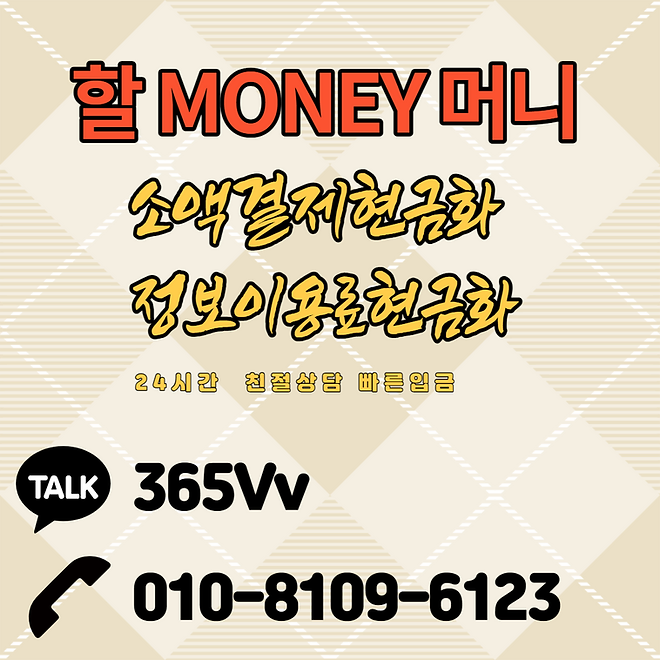Micropayments are a convenient way to pay fees, electric bills, and mobile prepaid bills. These payments are usually under $1, and are very easy to make. Because of the convenience of these payments, they are rapidly becoming the way of the future for many businesses. But how can you make these payments? You can read on to find out more about micropayments. The benefits of micropayments are numerous, and they are useful for the general public.
Initially, micropayments were designed to be used for one-cent transactions. But as the popularity of the concept grew, it quickly gained momentum. Some vendors, like IBM, began accepting these transactions in late 2009 and began offering content and services for one cent each. Another venture-capital-backed startup, called iPin, allowed consumers to add incremental micropayment charges to their existing bills. While these products eventually became more widely adopted, they still have a long way to go.
A micropayment system can work in two ways: in a prepaid system and in the point of sale. The prepaid system requires the customer to make an initial or recurring payment and to keep a bank account on file. In the point of sale model, a customer makes a single micropayment, such as a cup of coffee or a bag of chips. When this happens, the payment is automatically deducted from the customer’s account.
Another popular example of micropayments is PayPal. This online payment system charges the user’s PayPal account for transactions of less than $12. As of 2013, PayPal’s micropayment system accepts selected currencies. It is also possible to donate via the PayPal service, Flattr. This platform charges fees, and the company pays overheads. However, there are risks of fraud and data theft, so it is important to be aware of these risks.
Micropayments are an increasingly popular way to make payments. They can be made with a mobile phone, and the user needs only create a website to access the money. The process is very simple. Users must set up an account on the micropayment service’s website. Once they’re set up, the company will send them the money. Depending on the type of payment, they can choose between different currencies. Most mobile phone micropayment services allow you to send small amounts of money through a smartphone, and receive them on the same device.
A new type of micropayment service is the DoorDash app, which allows customers to make one-time micropayments to get their food delivered. However, many people don’t like the convenience of using micropayments, and they want a lower fee and faster cashization. They use a number of payment methods, including credit cards and mobile phones. And while micropayments may be convenient, they are often risky.
The biggest advantage of micropayments is that it’s more convenient and safer. Unlike traditional cash, micropayments are easy to manage. The system is also very easy to expand, so a micropayment system can be set up in a short time. While the benefits of micropayments are many, there are several disadvantages as well. The downside is that micropayments can become more expensive as they spread. Moreover, if you are unaware of the risks and frauds associated with micropayments, you might not be able to take advantage of the new technology.
The biggest advantage of 소액결제 현금화 is that it’s easier to pay in installments. Regardless of the size of the payments, most people are more comfortable making micropayments. But there are a few drawbacks to this approach. The first disadvantage is that it’s difficult to understand how to accept the micropayments, and the second is that there is little market traction for them in the United States. Fortunately, this trend will grow in popularity.
- One of the major disadvantages of micropayments is that they are expensive. This is especially true when you consider that a single transaction costs more than US$1 (which is not uncommon). But if the transaction is small enough, the benefits outweigh the disadvantages, making it possible for people to accept these transactions in a variety of ways. This is the best way to eliminate the inconvenience of paying with micropayments.
